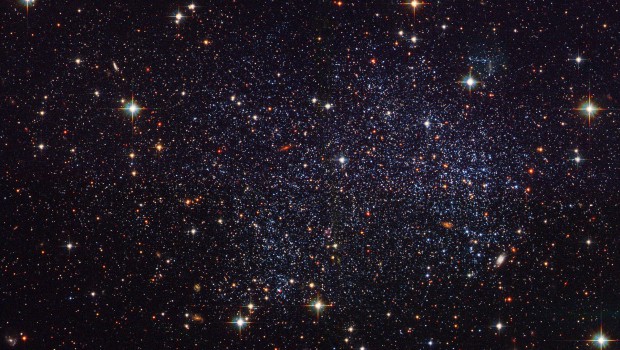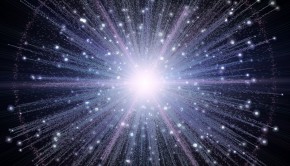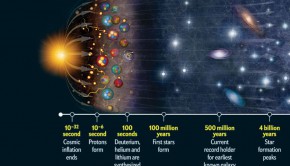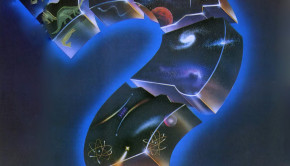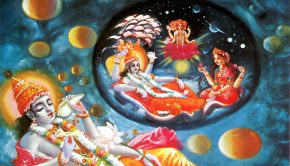Chance and the Origin of the Universe
Some scientists are using the concept of chance in a way that misleads the public. Unable to explain the origin of the universe by physical laws, they assert that it was somehow caused by chance. But such statements are not meaningful.
To make any statement about a chance event meaningful, many repetitions of the event in question are required. And these must be observable. For example we can flip a coin many times and note the results. We can see that they correspond to a statistical pattern indicating a 50% probability that heads will turn up rather than tails.
The word chance therefore does not actually refer to a cause—it refers only to a certain type of pattern in the results of an operation repeated a sufficient number of times.
Upon recognizing such a pattern we can say. “There is a 50% chance that the tossed coin will come up heads.”
Now imagine we could toss a given coin only once and it came up heads. If someone asked why that result happened, we might give a causal explanation or say that we don’t know, but it would not be meaningful to say it happened by chance.
So now what about the universe? It is not possible for us to observe more than one appearance of a universe—-we can only see the one we’re in. The origin of the universe is thus a one-time event, and statements about it that involve chance are meaningless according to the rules of quantitative science. Nevertheless, some theorists continue to speak of universes emerging from the quantum mechanical vacuum by chance.
To be quite frank, this is another limitation of quantum mechanics, which is based upon the concept of chance. It may be valid to apply chance to events that can be repeated and observed in the laboratory, but in the case of the universe, where such repetition and observation are impossible in principle, chance is meaningless. Thus it is useless to attempt to use quantum theory to explain the origin of the universe.
One might imagine a hypothetical trans-universal being who can observe the origin of many universes and compute statistics about them, thus rendering statements about the chance origin of universes meaningful. But how could we obtain such information unless we could actually communicate with this being? This is tantamount to saying there is a God and that we can communicate with Him about the origin of the universe—a possibility modern science rejects.

